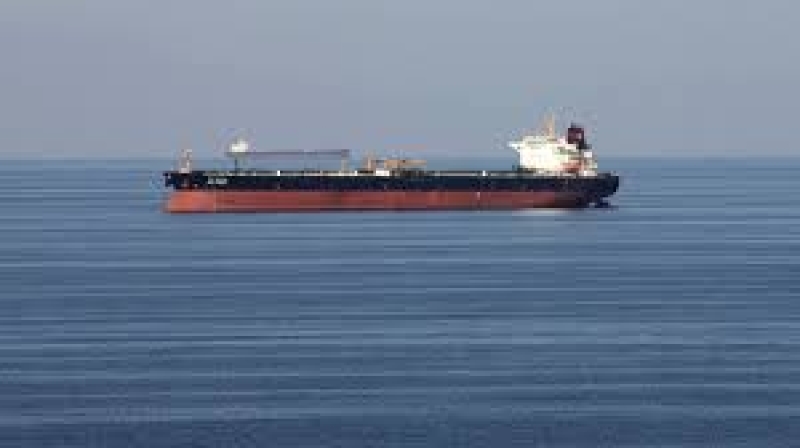- Puppet show enchants Children as Boi Mela comes alive on day 2 |
- DSCC Admin Salam’s drive to make South Dhaka a ‘clean city’ |
- 274 Taliban Dead, 55 Pakistan Troops Killed |
- Now 'open war' with Afghanistan after latest strikes |
- Dhaka's air quality fourth worst in world on Friday morning |
Rising Hormuz Tensions Threaten Bangladesh’s Fuel Supply

Oil tankers navigating the strategic Strait of Hormuz, December 2018.
Rising tensions between Iran and Israel have raised concerns in Bangladesh over potential disruptions to fuel imports if the Strait of Hormuz—one of the world's most vital oil transit routes—is closed.
Shipping industry leaders warn that any closure or attack on vessels in the region could lead to higher transportation costs, fuel shortages, and increased inflation in Bangladesh, which relies heavily on imported oil, LNG, and coal for energy and industry.
“If the Strait of Hormuz is closed, vessels will need to take longer alternative routes, which will raise shipping costs,” said the chairman of the Bangladesh Ocean Going Ship Owners’ Association. “Countries like Bangladesh would be among the hardest hit.”
Roughly one-fifth of the world’s oil flows through the strait, located between Iran and the Gulf states. Global oil prices have already surged, with Brent crude recently climbing over 9% to above $75 per barrel.
Fuel shortages could affect power generation, cause industrial slowdowns due to load shedding, and increase transport and business costs. These effects would likely raise overall inflation and impact consumers directly.
The Bangladesh Petroleum Corporation (BPC) has warned that local fuel prices may rise by Tk 4 to Tk 5 per litre next month if international prices continue climbing. Officials say they are monitoring the situation and may explore alternative shipping routes via the Red Sea or Arabian Sea.
However, those alternatives carry risks too. Past incidents, such as Houthi attacks in the Red Sea, have disrupted shipping and forced detours.
Currently, Bangladesh maintains a 35–40 day fuel reserve. Around 1.4 million tonnes of crude oil are imported annually—primarily from Saudi Arabia and Abu Dhabi—along with refined fuels through agreements with several countries. Total annual fuel demand stands at around 7.2 million tonnes, with diesel making up the bulk of consumption.
Industry stakeholders stress the need for contingency planning, warning that prolonged conflict could severely strain Bangladesh’s energy supply and economic stability.

